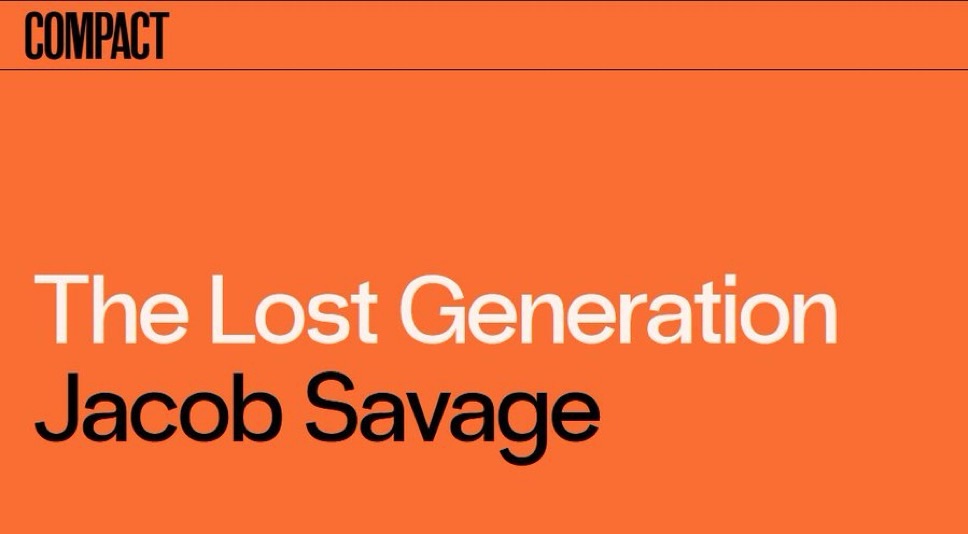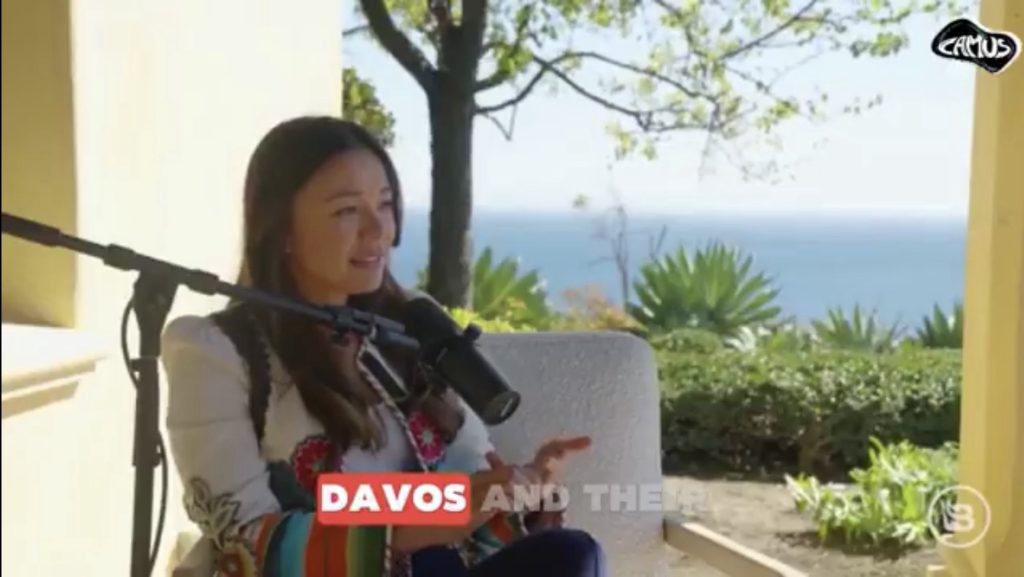The power went out yesterday while I was packing for the next leg of trip I’ve been on. It’s not the digital nomad age anymore obviously but it is the era of IRL reality grounding.
Being in constant contact with different markets and different cultures is a just another iteration of being in the moment but for making your life.
Being small enough that few of my interests interest the powers that be yet lets me be nimble in how I live (even with my health challenges or maybe because of them) so I’m driving up through Albania and Macedonia into Greece today.
At the moment I’m fascinated by the old Soviet capital folks ways from Tallinn to Tirana. I was in Sarajevo for New Year’s Eve.
I feel called to learn more about the people and places that found the brutalism of collectivism a worthwhile trade from the lives they had been living. I’m sure most of them didn’t realize the violence involved but survival can call for more than the civilized man would wish.
What does that mean for our future and who decides it? Will our young people feel similarly? It seems some already do despite much better conditions in America than I saw today as I drove through snowy bedraggled roads and abandoned industrial buildings.

The horrifying reality of modernism (and the war machines that came with it) must have baffled an ordinary person. What use has a farmer for state capacity and constant politicking?
Status hierarchies seem more acute now than I can imagine they were for the average person during the height of communism. Survival in the cold is a more understandable motivation than craving Instagram lives.
I stopped to gas up in a mountain town petrol stop. I asked for a bathroom. I was prepared for a mess but found it was simply a hole in the ground. As I attempted the hiking squat of a woman over the drain, I understood what “no pot to piss in” meant as I shivered in the frozen snowed in town.
Some material realities can certainly push you to consider if we can do better for people. Especially when I saw the bill. Gas is at a low in America and still fuel is apparently quite expensive in the semi-socialist European domains. 1.1 Euro per Liter for LPG. Sheesh. Who is that benefitting?




